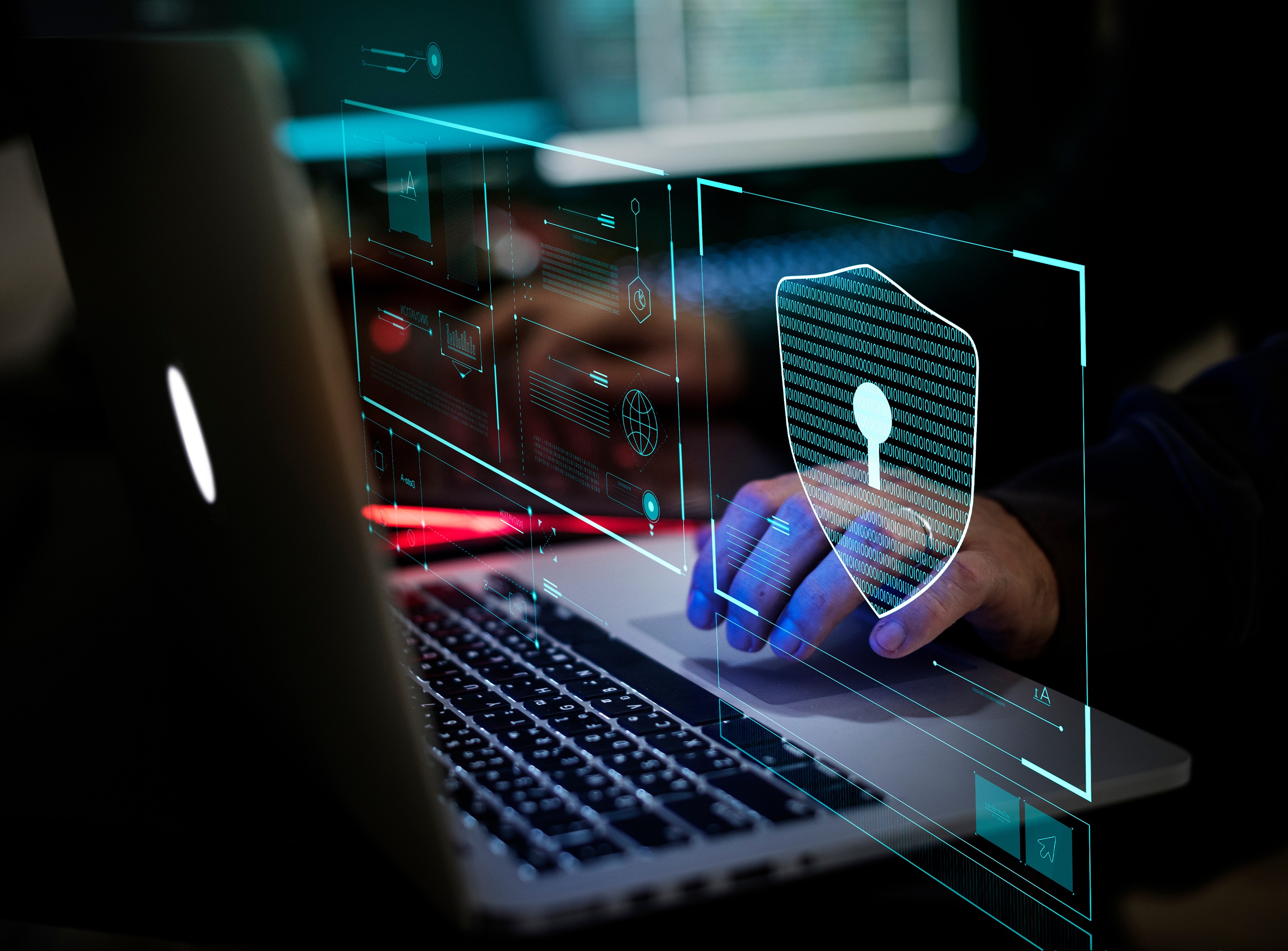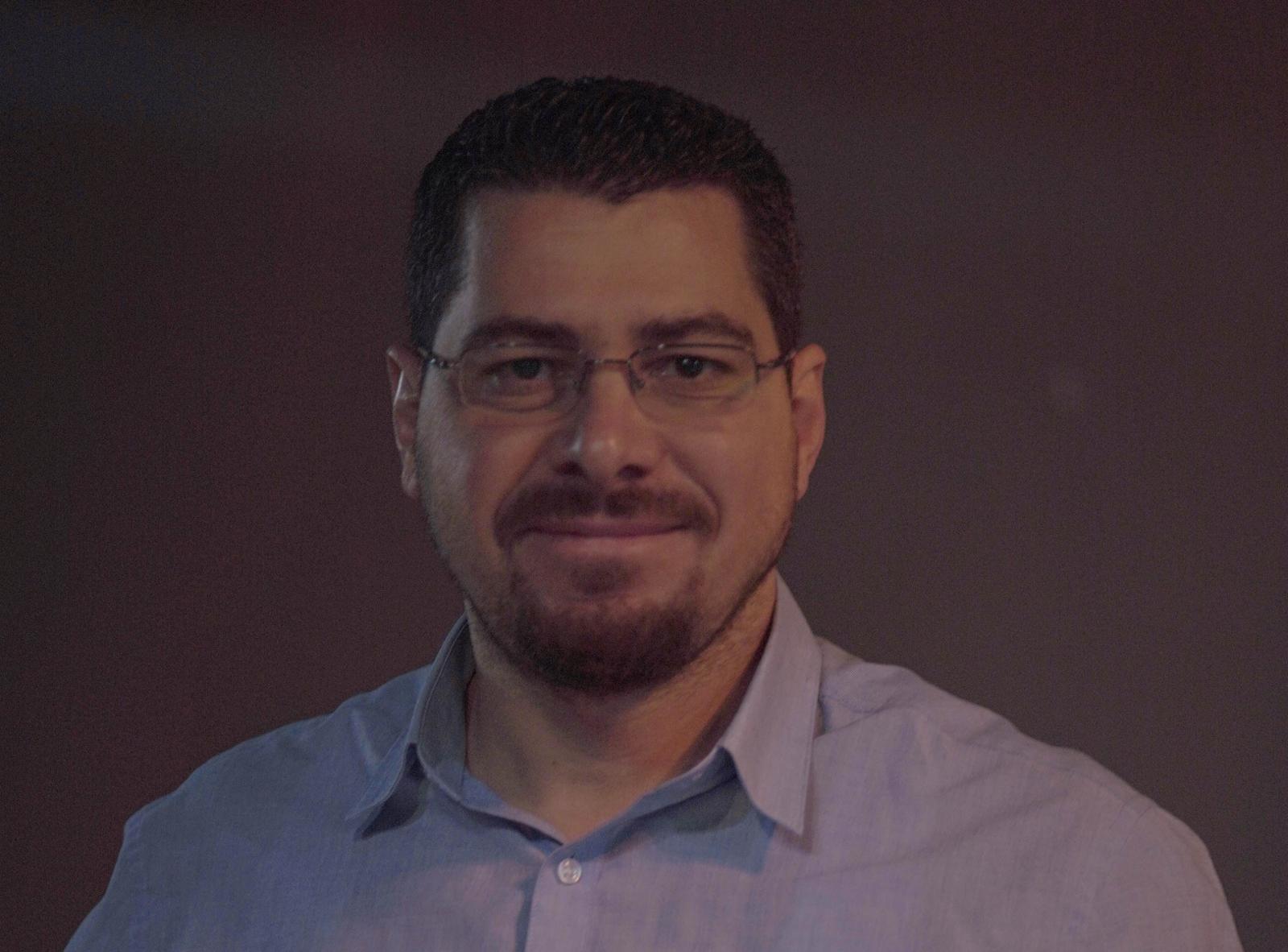هل شاهدت السلسلة التلفزيونية "المرآة السوداء/Black Mirror"؟
إذا كنت فعلت، فبرغم أنها تندرج في إطار الخيال العلمي، فلا بد أنك استشعرت الخطر المحيط بك بصفتك مستخدما إلكترونيا عموما، وصحفيا استقصائيا بشكل خاص، عن طريق ما يمكن أن تشكله الحكومات وأطراف التحقيق الذي تعمل عليه من خطر عليك، عبر اختراقك رقميا، حتى لو اتخذت بعض أساسيات الأمن الرقمي.
والحقيقة أن الكثيرين قد يعتقدون أن الكلام أعلاه ينطوي على مبالغة، لكن الأكيد أن ذلك يحصل فعلا في بلداننا العربية بصورة أبشع مما جرى في مسلسل "هاوس أوف كاردز" برغم كل الحقوق والميزات والحماية التي يتمتع بها الصحفي في أوروبا أو أمريكا.
قبل سنة، تعرض صديق لي للترحيل المباشر من دولة عربية إلى مكان آخر، بعد تفتيش هاتفه المحمول لأمر لا علاقة له بعمله أو اسمه، لكن الدخول إلى حساباته الاجتماعية وبريده الإلكتروني كشف أنه بصدد إنجاز تحقيق استقصائي يتعلق بقضية فساد كبيرة. والأخطر من ذلك أن الضرر لم يقع عليه وحده، بل على ثلاثة آخرين شكلوا مصادر معلومات أساسية في تحقيقه، ولكم أن تتخيلوا الوضع المأساوي الذي أصبحوا عليه، بل إن واحدا منهم هو مواطن في تلك الدولة ويخضع للمحاكمة، أما الآخرون فقد جرى ترحيلهم.
قبل عدة سنوات، كانت الشبكات الاستقصائية تطلب منا تقييما للمخاطر الجسدية والنفسية، وبناء عليه كان تقييم الموافقة أو الرفض لفرضية التحقيق.
اليوم، صار الأمن الرقمي من صلب أولويات تلك الشبكات في تقييم المخاطر؛ ليس فقط بسبب التقدم التكنولوجي، بل بسبب ما أفرزه أيضاً "فيروس كوفيد-19" من تغيير في نمط العمل الصحفي.
تقول الصحفية بيسان الشيخ، عضو هيئة التحرير في "شبكة أريج للصحافة الاستقصائية"، إن أساسيات الأمن الرقمي تتطور باستمرار، خاصة خلال هذه الفترة التي يعمل فيها غالبية الصحفيين عبر الإنترنت، ويجرون المقابلات ويتواصلون مع مصادرهم افتراضيا، وهذا الأمر فرض عليهم إجراءات أمن وسلامة إضافية، وفي هذا الإطار فرضنا في "أريج" مساقا تدريبيا على موقعنا يختص بقياس المخاطر، إضافة إلى إجراء مقابلة مع مختص الأمن الرقمي لدينا، مضيفة أن الشبكة تفحص أجهزة كل صحفي يتعاون معنا لإنجاز تحقيق استقصائي؛ فتقييم المخاطر هو جزء أساسي من عملنا، ومن ثم فإن قياس المخاطر الرقمية والجسدية أصبح شرطا أساسيا في عملية الموافقة على فرضية التحقيق، بعدما كان القياس للمخاطر الجسدية فقط.
المدرب في الأمن الرقمي الوليد شنوفي، يقول إنّه بالنسبة للعمل الصحفي الاستقصائي، فللأمن الرقمي أهمية أكبر من العمل الصحفي التقليدي؛ لأن درجة الاستهداف تكون احترافية أكثر من أطراف وخصوم قد يتضررون من التحقيقات الاستقصائية. وهذه الجهات يمكن أن تكون جهات رسمية، أو شبكات دولية، أو جهات مسلحة، أو سياسيين وأحزاب.
ويرتبط الأمن الرقمي للصحفيين الاستقصائيين بمعيارين مهمين، كما تقول مؤسسة سمير قصير، وهما: حماية البيانات؛ بحيث لا يمكن استخدامها من قبل جهة ضارة لإحداث ضرر ما، أو لا تشكل انتهاكا لخصوصية بياناتك، وللحفاظ عليها آمنة حتى تتمكن من استعادتها في حالة تلف أي بيانات مهمة أو فقدانها.
نصائح رقمية لأمان أعلى
تنصح شبكة "أريج" بأن يكون هناك جهاز حاسب محمول منفصل عن شبكات الإنترنت، ويكون هو الجهاز الأساسي للعمل، ويفضل استخدام هاتف جوال مختلف عن الهاتف الذي نحمله في الشارع؛ فهو معرض للتفتيش دائما.
في مصر مثلاً، في حال وجدت الشرطة على هاتفك تطبيق "سيغنال"، فهذا يعني أنك تخبئ شيئا ما عن الحكومة، وهو ما يعرضك للمساءلة.
ولحماية أمنك الرقمي:
- استخدم الأسماء المستعارة؛ فهي واحدة من طرق حماية الصحفي رقميا وجسديا، وهي لا تنتقص من أهمية التحقيق الاستقصائي ومصداقيته؛ لأن ذلك لا يعتمد فقط على جانب سمعة الصحفي، بل على الوثائق والحقائق التي يكشفها.
-
اطلب من الجهة التي تشرف على تحقيقك الاستقصائي أن تحميك في حال كانت مواجهة السلطات أو الأطراف المنتهكة للحقوق تعرضك للخطر، فيمكن أن يكون التواصل بينهم عن بعد ودون ذكر اسمك، أو عن طريق طرف قانوني، وذلك تقرره الجهة المشرفة.
-
لا تسعَ وراء الشهرة في إنجاز تحقيقات مهمة لكنها خطيرة؛ فسلامتك أولا، ولا تنس قاعدة أن حياتك أهم من أي خبر أو تحقيق.
-
استخدم نظم تشغيل أصلية ومفعلة بآخر التحديثات لكل أجهزتك الإلكترونية؛ لأن البرامج غير المحدثة تكون أقل أمنا. ولا تلجأ إلى تحميل برامج من الإنترنت بشكل عشوائي.
-
لا تشارك يومياتك بشكل مستمر، ولا تكشف معلومات مهمة على حساباتك في مواقع التواصل الاجتماعي تتعلق بمواقع العمل أو الإقامة أو التواجد، وأمِّن حساباتك بكلمات سر معقدة وباستخدام التحقق بخطوتين لكل منصة تتيح ذلك.
-
تصفح الإنترنت بشكل آمن؛ لأن أغلب عمليات القرصنة تتم بالضغط على روابط أو مواقع بتدخل من الصحفي نفسه. ومع هذا الحذر استخدم عدة إضافات للمتصفح؛ مثلا: "برايفسي بادجر/ Privacy Badger" و "اتش تي تي بي اس ايفري وير/ HTTPS Everywhere" و "ويوبلوك أوريجن/ uBlock Origin".
-
احم أجهزتك لتحمي نفسك؛ فبرامج الحماية بمثابة دفاع أول لكل البرامج الخبيثة التي يمكن أن تدخل للحاسب الخاص. وينصح في هذا السياق ببرامج "أفاست/ Avast" و "ايزيت/ ESET" – "كاسبركي/ Kaspersky". أما لتأمين الاستخدام وحماية المكان، فعليك ببرامج "سوبر في بي ان/ SUPER VPN" و "كلاودفلير/ Cloudflare".
-
تواصل مع الشبكات المتخصصة بالأمن الرقمي، ويمكننا إرشادك لبعضها: "فرونت لاين ديفندرز / The Front Line Defenders "و "انترنيوز/ internews " .
-
اتصل بالإنترنت عبر الشبكات الخاصة الافتراضية خلال تواجدك في المقاهي أو الفنادق أو المطارات، وابتعد عن الشبكات العامة.
-
احفظ نسخة احتياطية للبيانات، وشفر البيانات على جميع مجالات الحفظ.
-
استخدام متجر التطبيقات الخاص بنظام التشغيل حصرا (GooglePlay- AppStore)
-
إعطاء التطبيقات التراخيص التي تراها مناسبة دون أن تعيق الخدمة الرئيسة (الموقع الجغرافي، تسجيل الصوت، استخدام الكاميرا...).
-
إغلاق خاصية "GPS" لحين استخدامها لتحديد الموقع الجغرافي، واستخدام غطاء لكاميرا الهاتف الجوال، والحاسب المحمول.
-
تابع بشكل دوري كل التحديثات الخاصة بالأمن السيبراني من خلال الكثير من المنصات الموثوقة، ومنها منصة "توتم/ Totem" .
ابتكر طرقا خاصة
أقترح عليك أن تبتكر دائما طرقا جديدة لحماية نفسك خلال عملك الاستقصائي المستمر، بعيدا عن نصائح خبراء الأمن الرقمي التقليدية.
سأخبرك بقصة حصلت معي: كنت أتوفر على وثيقة في غاية السرية والأهمية نعمل بموجبها على تحقيق استقصائي، ويجب إرسال نسخة منها إلى الجهة المشرفة، ولكن كانت لدي شكوك كبيرة حول المراقبة الإلكترونية، فصورت أولا الوثيقة من جهاز غير مستعمل، ثم رفعت الصورة على برنامج نقل ملفات، وهو من نوع البرامج التي تتيح الوثيقة لوقت محدد وليس دائما؛ مثل تطبيق "We Transfer".
حصلت على الرابط، وأرسلته عبر البريد الإلكتروني للجهة المشرفة، ولاحقا تواصلت مع الجهة المشرفة وأخبرتهم أن الرابط غير مكتمل ولن يفتح لأني أرسلت رابطا وحذفت منه حرفين من النهاية، ثم أرسلت بريدا إلكترونيا من عنوان مختلف يحوي رسالة عادية في نهايتها الحرفين الناقصين.
خلاصة القول
يرى خبراء الأمن الرقمي أن على المؤسسات الصحفية حماية أمن الصحفيين الرقمي من خلال فرض سياسات الأمن الرقمي وأمن المعلومات على جميع موظفي المؤسسة، ولكل من له حق الوصول لشبكات المؤسسة الداخلية، كما يتوجب على الصحفي الحفاظ على سلامة جهات الاتصال (المصادر، المتعاونين، الزملاء، المقربين) والذين يمكن الوصول إلى معلوماتهم.
أما المعلومات التي يجمعها الصحفي، فيجب أن تكون في مأمن من الوصول إليها من قبل الآخرين دون موافقة أو تصريح، ويجب استردادها في حالة الفقد أو التلف أو السرقة.
وفي النهاية نقول إنه لا توجد شبكات متخصصة بالأمن الرقمي تحمي الصحفيين رقميا تحديدا، ولكن في حال تعرضت لأي خرق رقمي، فبإمكانك التواصل مع خط المساعدة الخاص بمؤسسة "أكسس ناو/ AccessNow" لأي استشارة في الأمان الرقمي.
وهنا، نود التذكير ببعض الروابط لمواضيع تخص الأمن الرقمي يمكن أن تفيدك في عملك، وبعضها ورد ذكرها في سياق التقرير.
هوامش:
https://www.journaliststoolbox.org/2021/06/20/security-tools/ https://rorypecktrust.org/freelance-resources/digital-security/https://www.nyguild.org/digital-security
https://cpj.org/2019/07/digital-safety-kit-journalists/
https://www.accessnow.org/help/
https://totem-project.org/.
https://internews.org/
https://www.frontlinedefenders.org/ar
https://arij.net/














![Palestinian journalists attempt to connect to the internet using their phones in Rafah on the southern Gaza Strip. [Said Khatib/AFP]](/sites/default/files/ajr/2025/34962UB-highres-1705225575%20Large.jpeg)


























